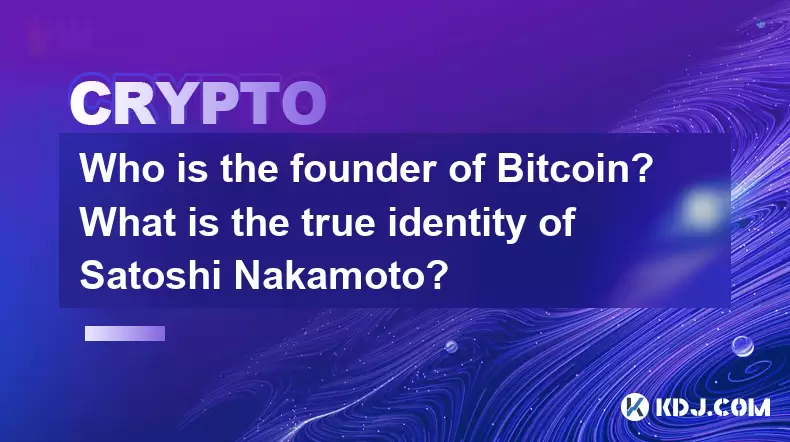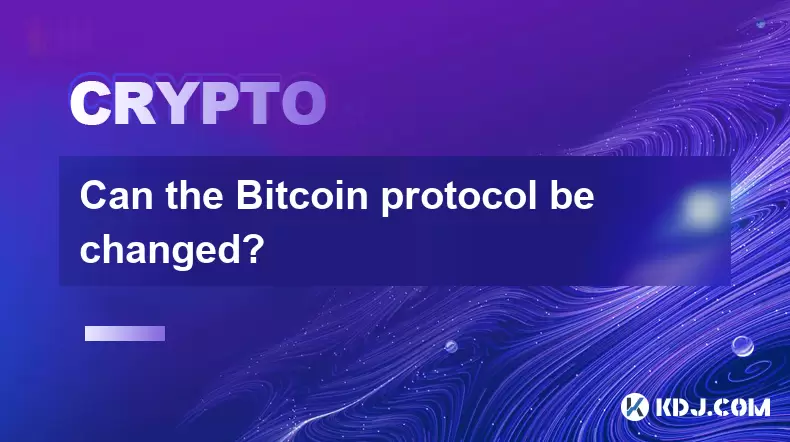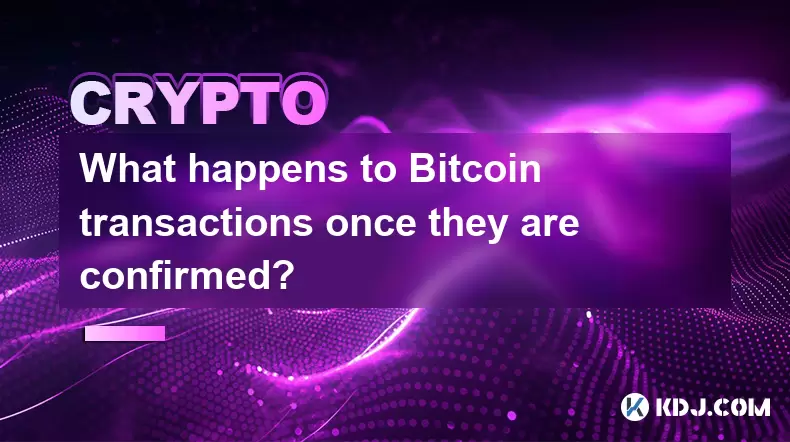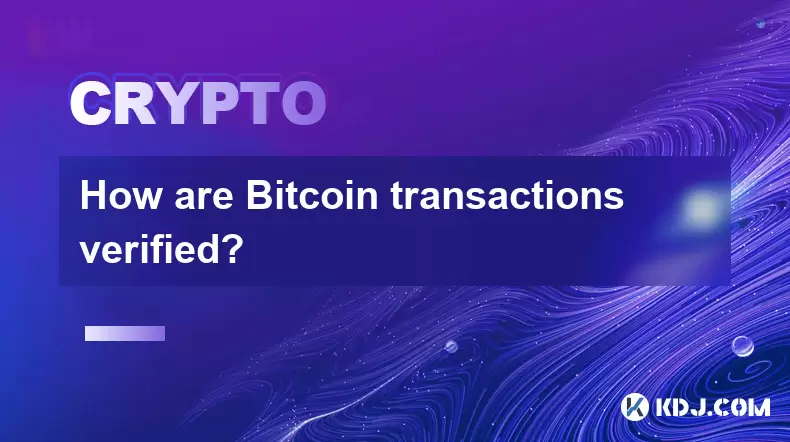-
 Bitcoin
Bitcoin $116900
0.00% -
 Ethereum
Ethereum $4280
5.48% -
 XRP
XRP $3.265
-1.45% -
 Tether USDt
Tether USDt $1.000
-0.01% -
 BNB
BNB $807.0
1.41% -
 Solana
Solana $183.1
2.93% -
 USDC
USDC $0.9999
0.00% -
 Dogecoin
Dogecoin $0.2440
6.50% -
 TRON
TRON $0.3357
-0.88% -
 Cardano
Cardano $0.8178
2.63% -
 Hyperliquid
Hyperliquid $44.13
7.45% -
 Chainlink
Chainlink $21.39
9.09% -
 Stellar
Stellar $0.4524
-0.84% -
 Sui
Sui $3.957
2.13% -
 Bitcoin Cash
Bitcoin Cash $572.7
-2.54% -
 Hedera
Hedera $0.2671
1.54% -
 Avalanche
Avalanche $24.77
4.17% -
 Ethena USDe
Ethena USDe $1.001
0.02% -
 Litecoin
Litecoin $122.3
-1.94% -
 Toncoin
Toncoin $3.432
2.26% -
 UNUS SED LEO
UNUS SED LEO $9.007
0.49% -
 Shiba Inu
Shiba Inu $0.00001396
5.26% -
 Uniswap
Uniswap $11.09
1.64% -
 Polkadot
Polkadot $4.155
4.57% -
 Dai
Dai $1.000
0.00% -
 Pepe
Pepe $0.00001253
5.11% -
 Cronos
Cronos $0.1588
2.67% -
 Bitget Token
Bitget Token $4.512
0.05% -
 Monero
Monero $275.0
0.64% -
 Ethena
Ethena $0.7527
15.10%
Who is the founder of Bitcoin? What is the true identity of Satoshi Nakamoto?
Satoshi Nakamoto, Bitcoin's enigmatic creator, vanished in 2010 after launching the cryptocurrency in 2009, leaving behind a legacy of mystery and speculation.
May 09, 2025 at 03:14 pm

The question of who founded Bitcoin and the true identity of Satoshi Nakamoto has been a topic of intrigue and speculation within the cryptocurrency community for years. Satoshi Nakamoto is the pseudonym used by the person or group of people who developed Bitcoin, the first and most widely used decentralized cryptocurrency. The identity of Satoshi Nakamoto remains a mystery, shrouded in anonymity and subject to numerous theories and investigations.
The Emergence of Bitcoin
Bitcoin was introduced to the world through a whitepaper titled "Bitcoin: A Peer-to-Peer Electronic Cash System," published on October 31, 2008. This document outlined the principles and technical framework for a new form of digital currency that operated without a central authority. On January 3, 2009, the first block of the Bitcoin blockchain, known as the Genesis Block, was mined by Satoshi Nakamoto, marking the official launch of Bitcoin.
Satoshi Nakamoto's Contributions
Satoshi Nakamoto was actively involved in the development and promotion of Bitcoin until December 2010. During this period, Nakamoto engaged with the cryptocurrency community through emails and forum posts, providing guidance and answering technical questions. Nakamoto's contributions included writing the original Bitcoin software, participating in discussions about the cryptocurrency's development, and laying the groundwork for its future growth.
The Disappearance of Satoshi Nakamoto
In December 2010, Satoshi Nakamoto sent a final email to a fellow developer, stating an intention to "move on to other things." Since then, Nakamoto has not been heard from publicly, leading to widespread speculation about the reasons behind this sudden departure. Some theories suggest that Nakamoto stepped away to avoid the increasing attention and scrutiny that Bitcoin was receiving, while others believe that Nakamoto may have had other personal or professional reasons for withdrawing from the project.
Theories and Investigations into Satoshi Nakamoto's Identity
Numerous theories and investigations have attempted to uncover the true identity of Satoshi Nakamoto. One of the most widely publicized claims was made by Newsweek in 2014, which identified a man named Dorian Prentice Satoshi Nakamoto as the founder of Bitcoin. However, Dorian Nakamoto denied any involvement with Bitcoin, and the claim was widely discredited.
Another prominent figure who has been speculated to be Satoshi Nakamoto is Nick Szabo, a computer scientist and cryptographer who developed the concept of "Bit Gold," a precursor to Bitcoin. Despite similarities between Bit Gold and Bitcoin, Szabo has consistently denied being Nakamoto.
Craig Wright, an Australian computer scientist, has also claimed to be Satoshi Nakamoto on multiple occasions. Wright has provided some evidence to support his claim, including cryptographic signatures and early Bitcoin transactions. However, the cryptocurrency community remains divided on the validity of Wright's assertions, with many experts and developers expressing skepticism.
The Impact of Satoshi Nakamoto's Anonymity
The anonymity of Satoshi Nakamoto has had a significant impact on the development and perception of Bitcoin. By remaining anonymous, Nakamoto ensured that the focus remained on the technology and its potential rather than on the individual or group behind it. This anonymity has also contributed to the decentralized nature of Bitcoin, as no single person or entity can claim ownership or control over the cryptocurrency.
Frequently Asked Questions
Q: Has anyone ever claimed to be Satoshi Nakamoto?
A: Yes, several individuals have claimed to be Satoshi Nakamoto, including Dorian Prentice Satoshi Nakamoto, Nick Szabo, and Craig Wright. However, none of these claims have been definitively proven, and the true identity of Satoshi Nakamoto remains unknown.
Q: Why did Satoshi Nakamoto choose to remain anonymous?
A: Satoshi Nakamoto's decision to remain anonymous is believed to be driven by a desire to keep the focus on the technology and its potential rather than on the individual or group behind it. Additionally, anonymity may have been chosen to protect Nakamoto from potential legal and security risks associated with creating a new form of currency.
Q: What happened to Satoshi Nakamoto's Bitcoins?
A: It is estimated that Satoshi Nakamoto holds around 1 million Bitcoins, which were mined in the early days of the cryptocurrency. These Bitcoins have never been moved or spent, leading to speculation about Nakamoto's intentions and the future of these funds.
Q: How has the mystery of Satoshi Nakamoto's identity affected Bitcoin's development?
A: The mystery surrounding Satoshi Nakamoto's identity has contributed to the decentralized nature of Bitcoin, as no single person or entity can claim ownership or control over the cryptocurrency. This anonymity has also fueled ongoing interest and speculation within the cryptocurrency community, driving further research and development into Bitcoin and other cryptocurrencies.
Disclaimer:info@kdj.com
The information provided is not trading advice. kdj.com does not assume any responsibility for any investments made based on the information provided in this article. Cryptocurrencies are highly volatile and it is highly recommended that you invest with caution after thorough research!
If you believe that the content used on this website infringes your copyright, please contact us immediately (info@kdj.com) and we will delete it promptly.
- XRP Price, Remittix, and Ripple Rivals: A Crypto Cocktail
- 2025-08-10 10:50:16
- Live Crypto Updates, August 10: ETH Soars, Trump's Crypto Play, and More!
- 2025-08-10 11:30:16
- Riding the Wave: Ethereum, DeFi, and the Liquid Staking Derivatives (LSDs) Surge
- 2025-08-10 10:30:15
- Strobe Ventures, ENA Tokens, and the Surge: What's the Deal?
- 2025-08-10 10:35:15
- Shiba Inu, Pepe, and Remittix: A Tale of Memes, Hype, and Real-World Utility
- 2025-08-10 08:30:12
- Ethereum Price, ETH Tokens, Rally Prediction: Is a New All-Time High In Sight?
- 2025-08-10 08:30:12
Related knowledge

What are the key features of Bitcoin?
Aug 10,2025 at 02:50am
Decentralization and Peer-to-Peer NetworkOne of the most defining characteristics of Bitcoin is its decentralized nature. Unlike traditional financial...

Can the Bitcoin protocol be changed?
Aug 07,2025 at 01:16pm
Understanding the Bitcoin ProtocolThe Bitcoin protocol is the foundational set of rules that govern how the Bitcoin network operates. It defines every...

What happens to Bitcoin transactions once they are confirmed?
Aug 09,2025 at 05:22am
Understanding Bitcoin Transaction ConfirmationWhen a Bitcoin transaction is initiated, it is broadcast to the network and placed in a pool of unconfir...

How are Bitcoin transactions verified?
Aug 08,2025 at 06:57am
Understanding Bitcoin Transaction VerificationBitcoin transactions are verified through a decentralized network of nodes and miners that ensure the le...

How does decentralization make Bitcoin secure?
Aug 08,2025 at 09:35am
Understanding Decentralization in BitcoinDecentralization is a foundational principle of Bitcoin's architecture and plays a critical role in its secur...

What are some common misconceptions about Bitcoin?
Aug 07,2025 at 07:22pm
Bitcoin is Just Like Regular MoneyA widespread misconception is that Bitcoin functions identically to traditional fiat currencies like the US dollar o...

What are the key features of Bitcoin?
Aug 10,2025 at 02:50am
Decentralization and Peer-to-Peer NetworkOne of the most defining characteristics of Bitcoin is its decentralized nature. Unlike traditional financial...

Can the Bitcoin protocol be changed?
Aug 07,2025 at 01:16pm
Understanding the Bitcoin ProtocolThe Bitcoin protocol is the foundational set of rules that govern how the Bitcoin network operates. It defines every...

What happens to Bitcoin transactions once they are confirmed?
Aug 09,2025 at 05:22am
Understanding Bitcoin Transaction ConfirmationWhen a Bitcoin transaction is initiated, it is broadcast to the network and placed in a pool of unconfir...

How are Bitcoin transactions verified?
Aug 08,2025 at 06:57am
Understanding Bitcoin Transaction VerificationBitcoin transactions are verified through a decentralized network of nodes and miners that ensure the le...

How does decentralization make Bitcoin secure?
Aug 08,2025 at 09:35am
Understanding Decentralization in BitcoinDecentralization is a foundational principle of Bitcoin's architecture and plays a critical role in its secur...

What are some common misconceptions about Bitcoin?
Aug 07,2025 at 07:22pm
Bitcoin is Just Like Regular MoneyA widespread misconception is that Bitcoin functions identically to traditional fiat currencies like the US dollar o...
See all articles

























































































